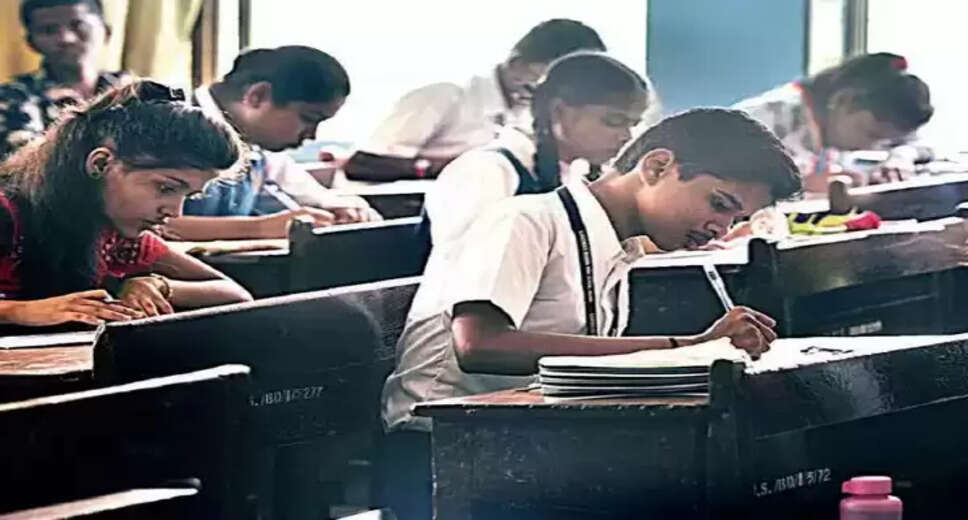Major committee and commission related to Indian education change, students must know

Employment News-The study of our Vedas shows that in ancient times all classes in India had the right to receive education. This method was very difficult but the knowledge gained from it was life changing. The world's first university was established in Taxila, India, about 2700 years ago. After this Nalanda University was established about 2300 years ago. In addition to Ved Vedang, both these universities were famous for many subjects like science, technology, mathematics, astrophysics, physics, political science, economics, ethics, grammar etc.
The nature of education changed in India with foreign invasion
The change in the form of education in India had started with foreign invasions, many times the education system of India was changed, but the biggest change came during the British rule. One end of today's education system in India goes to the days of British rule before independence, while the other end is related to the story after independence.
During the British rule, many education commissions were constituted from time to time to consider various problems related to education, but the commission which considered the issues related to education as a whole, included the Kothari commission formed on July 14, 1964. is mentioned. For example, the Radhakrishnan Commission formed in the year 1948-49 only considered higher education. Whereas the Mudaliar Commission considered only secondary education.
Education committees and commissions formed before independence in India
Calcutta University Council – Year 1818
Charleswood Committee – Year 1824: It is also called the Magna Carta of Indian Education.
W. W. Hunter Education Commission – 1882 to 1883: Developing women's education in India.
Sir Thomas Raleigh Commission– 1902: The Indian Universities Act was passed in 1904 on the report of this commission.
M. E. Sadler Commission – 1917: School education was suggested to be 12 years.
Sir Philip Hartog Committee – 1929: Emphasis was placed on vocational and industrial education
Sir John Sargent Committee – 1944: It talked about free and compulsory education for children from the age of 6 to 11 years.
Education committees and commissions formed after independence
Dr. S. Radhakrishnan Commission– Year 1948-49: Establishment of University Grants Commission (UGC).
Mudaliar Education Commission– Year 1952-53: It is also called Secondary Education Commission.
Dr. DS Kothari Commission – Year 1968: It focused on social responsibility and moral education.
Rethinking National Policy on Education – Year 1986(1992): Application of Education for a Conscious and Humanistic Society. It is also called Acharya Ramamurthy Committee. This education policy was reviewed in 1992 under the chairmanship of Acharya Ramamurthy. This education policy remained in force till 2020.
M. B. Buch Committee– Year 1989: The first education committee formed on the medium of distance education.
G.Rama Reddy Committee– Year 1992: Central Consultative Committee on Distance Education.
Professor Yashpal Committee – 1992: Concept of burden free education.
Ramlal Parekh Committee– 1993: B.Ed. Correspondence Committee.
Pro. Kherma Lyngdoh Committee – 1994: Correspondence BEd duration fixed at 14 months.
Pro. R Takwale Committee – Year 1995: B.Ed by correspondence for serving teachers.
National Knowledge Commission- 2005: Concept of knowledge based society and recommendation to make education in English medium compulsory from primary level.
Justice JS Verma Committee – 2012: Periodic scrutiny of the capacity of teachers.
National Education Policy – 2017: Space scientist and Padma Vibhushan Dr. K. A 9-member committee has been constituted under the chairmanship of Kasturirangan. It was implemented in the year 2020.
Make your home beautiful with Amazon this festive season. Get Upto 40% Off
